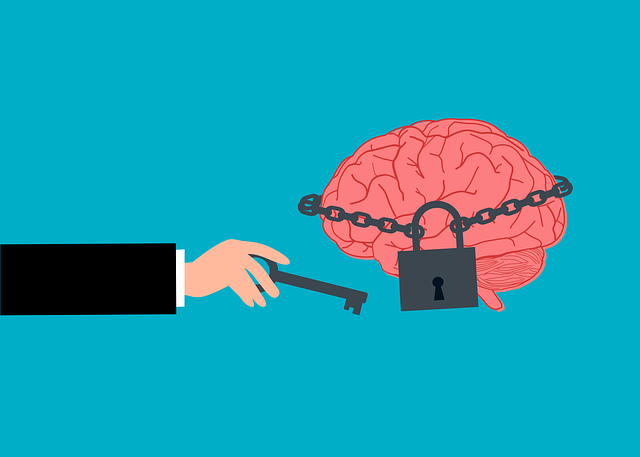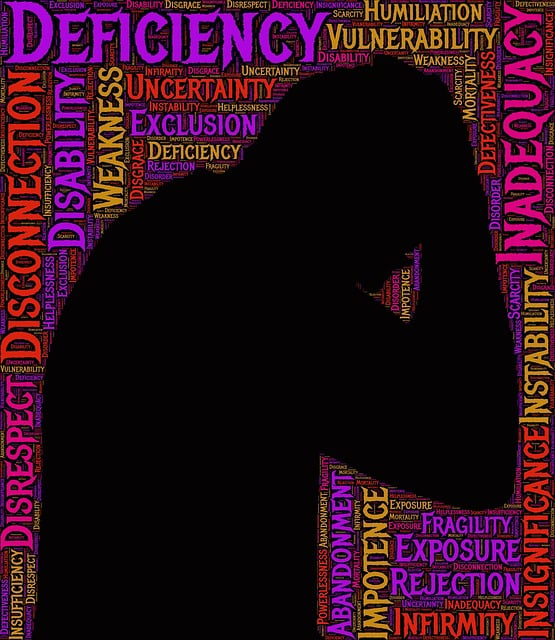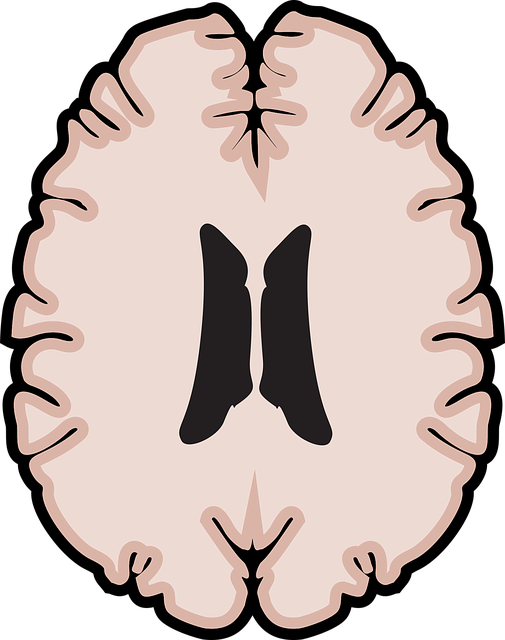Longmont Interpersonal Issues Therapy (LIIT) is a powerful, holistic approach to crisis intervention in mental health. Combining evidence-based practices with immediate stress management, LIIT equips individuals with communication and listening skills to navigate interpersonal conflicts and underlying emotional issues. By fostering self-awareness and healthier relationships through open dialogue, this therapy empowers clients to resolve challenges and build resilience. Additionally, advocating for Mental Health Policy Analysis ensures access to comprehensive resources during crises.
In times of crisis, effective intervention strategies are paramount. This article explores essential guidance for navigating personal crises, emphasizing the role of Longmont Interpersonal Issues Therapy as a robust framework. We delve into fundamental concepts, highlighting how this therapeutic approach provides a solid foundation for delivering supportive care. Additionally, we present practical strategies and tools, equipping readers with valuable techniques to intervene and assist individuals facing personal challenges.
- Understanding Crisis Intervention: A Foundation for Effective Support
- The Role of Longmont Interpersonal Issues Therapy in Crisis Management
- Practical Strategies: Tools and Techniques for Intervening in Personal Crises
Understanding Crisis Intervention: A Foundation for Effective Support

Crisis intervention is a critical skill set for any mental health professional, enabling them to offer immediate support during moments of intense distress. It involves a structured yet flexible approach tailored to address a wide range of interpersonal issues and acute emotional crises. The primary goal is to provide stabilization, ensure safety, and facilitate a step-by-step process towards resolution.
In the context of Longmont Interpersonal Issues Therapy, understanding crisis intervention as a foundation allows therapists to employ Mind Over Matter principles effectively. By adopting evidence-based practices, therapists can guide clients through immediate stress management techniques while also addressing underlying factors contributing to their crisis. This holistic approach, supported by Mental Health Policy Analysis and Advocacy, ensures that individuals receive the comprehensive care they need, fostering resilience and empowering them to navigate future challenges.
The Role of Longmont Interpersonal Issues Therapy in Crisis Management

In the midst of a crisis, Longmont Interpersonal Issues Therapy (LIIT) offers a powerful tool for managing and resolving emotional turmoil. This therapeutic approach focuses on interpersonal relationships and communication strategies, recognizing that personal crises are often rooted in social interactions. By facilitating open dialogue and promoting understanding between individuals, LIIT aims to enhance emotional well-being and foster healthier connections.
In crisis situations, the therapy’s emphasis on active listening and empathy equips clients with effective communication techniques. These skills become crucial for expressing feelings and needs, especially when facing challenging circumstances. Moreover, LIIT encourages clients to explore underlying issues, fostering mental health awareness and providing them with tools to navigate future crises. Through this process, individuals gain insights into their reactions and behaviors, leading to positive changes in their emotional responses.
Practical Strategies: Tools and Techniques for Intervening in Personal Crises

In addressing personal crises, practical strategies and tools play a pivotal role in effective intervention. One essential technique is Longmont Interpersonal Issues Therapy, which focuses on enhancing communication between individuals to resolve conflicts and understand underlying issues. By fostering open dialogue, therapists help clients navigate challenging situations, promoting self-awareness and healthier relationships. This approach is particularly beneficial for managing interpersonal problems, offering a structured yet flexible framework to support individuals in their journey towards recovery.
Moreover, integrating Communication Strategies is crucial within crisis intervention. Active listening, empathic understanding, and nonverbal cues are powerful tools that enable professionals to connect with clients on a deeper level. These strategies facilitate effective Conflict Resolution Techniques, allowing for the peaceful de-escalation of tensions and the development of constructive solutions. Additionally, advocating for individuals through Mental Health Policy Analysis and Advocacy ensures access to necessary resources and support systems, addressing systemic barriers to care during times of crisis.
In conclusion, effective crisis intervention requires a solid understanding of foundational principles, such as those outlined in this article. By integrating strategies from Longmont Interpersonal Issues Therapy and employing practical tools like those mentioned, individuals can provide crucial support during personal crises. Remember that, by fostering open communication and using evidence-based techniques, we can navigate challenging situations with empathy and skill, ultimately promoting healing and resilience.













